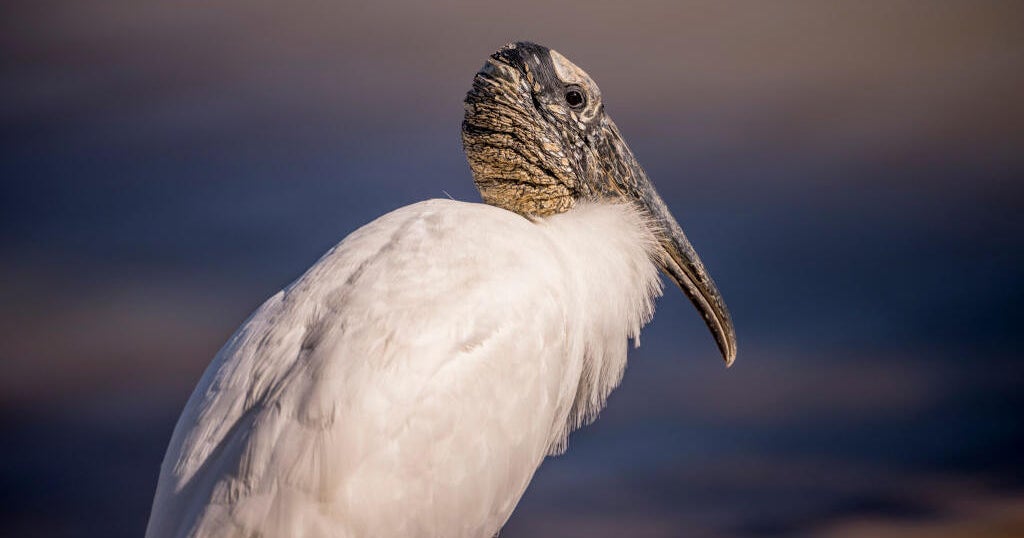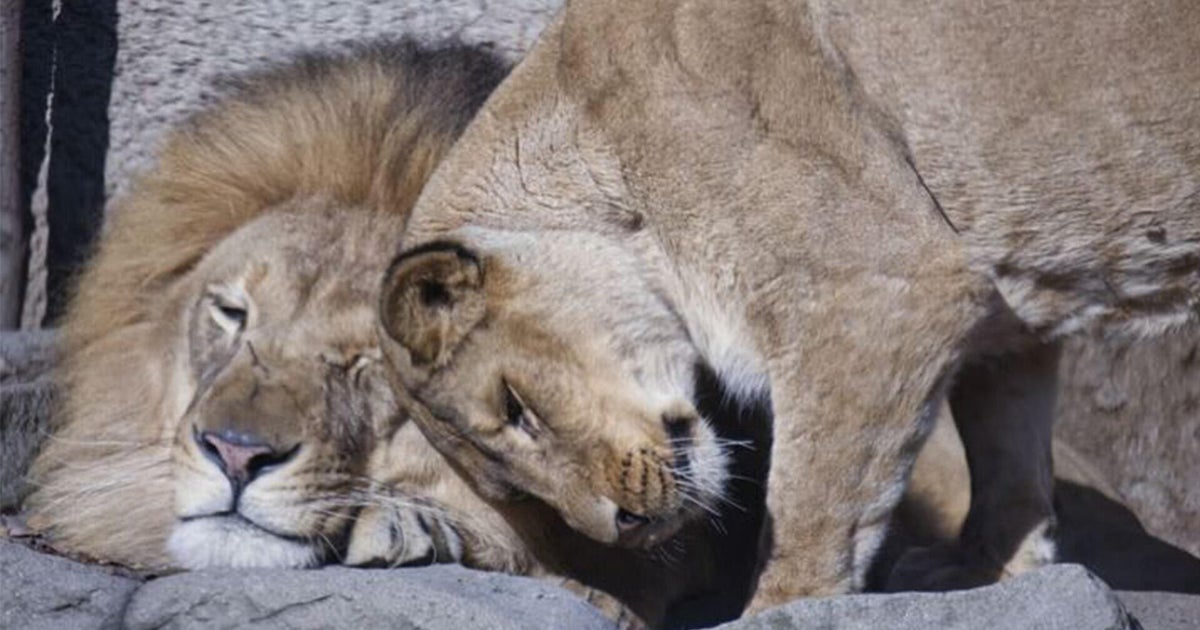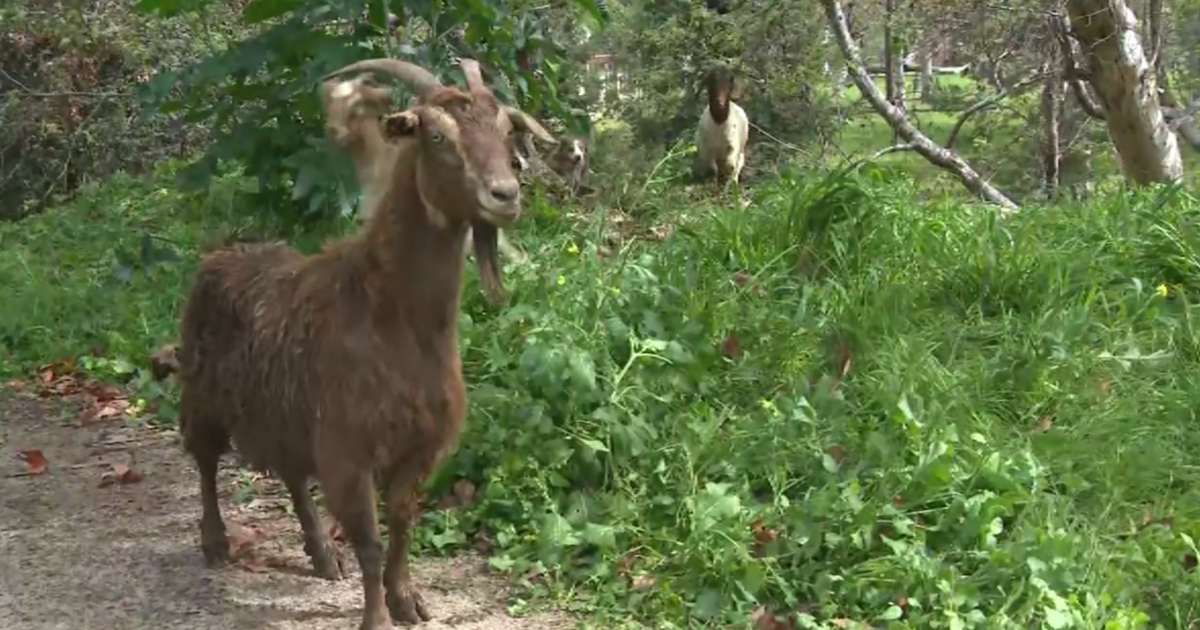Piping plovers nested in record numbers on Massachusetts beaches this year
SCITUATE - It was a record year for piping plovers in Massachusetts.
Mass Audubon reports 1,145 pairs nested on state beaches this year. That's the most ever recorded.
Piping plovers are a threatened species. Mass Audubon says closing beaches where they're nesting helped their population rebound.
Bringing piping plovers back in Massachusetts
Mass Audubon says the federally threatened species is "making real progress toward recovery in Massachusetts."
There were only about 200 breeding pairs of piping plovers when recovery efforts began in 1986 - the latest numbers represent a 500% increase.
"This year also brought Piping Plovers back to beaches where they haven't been seen in many years, including locations in Scituate, Cohasset, Chatham, and Gloucester," Mass Audubon said.
Thanks to the conservation efforts, Mass Audubon says more than half the world's population of piping plovers nest in Massachusetts.
"That makes coastal conservation even more important in our state-we're responsible for safeguarding a huge portion of this threatened species' worldwide population," the organization said.
History of protecting plovers at the beach
Fences have gone up around piping plover nests at beaches "to keep humans and predators away," Mass Audubon says.
The plover nests have also forced fireworks shows on the Massachusetts and New Hampshire coasts to be postponed or canceled at times in recent years.
Hampton Beach had to cancel early summer fireworks in both 2021 and 2022 because of the plovers, while Barnstable moved Fourth of July fireworks to Labor Day weekend.
Some efforts to protect the plovers have been controversial. In 2019, the organization that manages Duxbury Beach was given permission to kill foxes that were preying on the plovers, which some residents called unfair. The Duxbury Beach Reservation said the initiative was meant to give plovers a chance to reproduce and expand their population.







